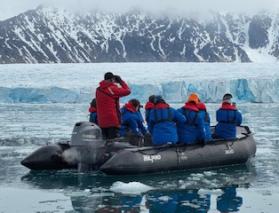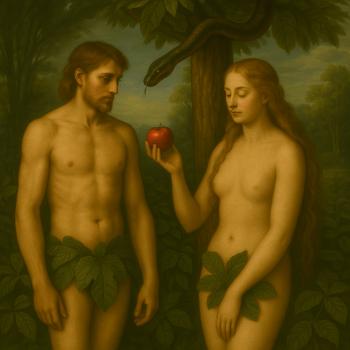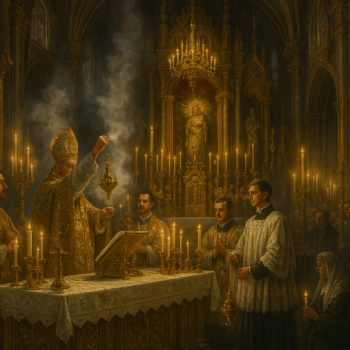Our spiritual practice should focus on our interrelatedness.
In The Way, I described my search for universal Truth, rather than the truth in a particular tradition, so I explored Eastern religions and Western religions, and I studied the mystics of many traditions and the luminaries of modern science.

We Can Find Truth in Objective Evidence and Subjective Experience
The mystics seek experiential knowledge of God and metaphysics, and the scientists seek evidentiary knowledge of the Universe and physics. The mystics and the scientists confirm a Oneness, which is more than an aspiration or a belief, but a realization.
Jesus realizes this Oneness when he says that “The Kingdom of God is within you” and when he urges us to “Love your neighbor as yourself.” The Unitarian Universalists express this realization in their Seventh Principle, which respects “the interdependent web of all existence.”
Author Aldous Huxley and others espouse the “perennial philosophy.” They believe that the perennial philosophy underlies all religions. Huxley assumes that there is a Godhead or ground that is formlessness manifesting form. This unity is both immanent and transcendent, and we can commune or merge with the Godhead or ground of being by transcending our egoic selves.
So far, so good. Generally, the mystics and the scientists realize a Oneness, and the philosophers see a philosophy underlying the religions. Thus, the more that our spiritual practice is focused on our interrelatedness, the more likely that it will lead us to God or Ultimate Reality.
Can We Find Truth in Beliefs or Doctrine?
However, all religion is cultural, all theology is speculation, and the theologians do not agree. Fundamentally, the religions cannot even agree on the nature of God or Ultimate Reality. Is Ultimate Reality a person, three persons, many persons, or not a person at all?
Does biology, chemistry, and physics explain Ultimate Reality, or is Ultimate Reality something beyond biology, chemistry, and physics? Does Ultimate Reality intervene in human affairs, and does Ultimate Reality demonstrate intention or will?
Was the universe created, or is it eternal? Did life form naturally, or did it require a supernatural cause? Did consciousness arise from matter, or did matter arise from consciousness? Is there an external, universal meaning to life? When we die, does any aspect of us continue on?
Our Spiritual Practice Should Focus on our Interrelatedness
I answer many of these questions by stating the obvious, “I can’t know, and I don’t need to know. I don’t live my life differently if I know.” (Sure, I have my own beliefs, but I hold my beliefs loosely, because they are NOT based on objective evidence or subjective experience.)
The question is NOT whether there are any ultimate answers. There are. The question is whether we can know the answers. We CANNOT. The Buddha did NOT think that it was helpful to speculate about such matters. Steve Hagen, a Buddhist teacher, writes:
“Unfortunately, in practice, religion makes wide use of beliefs—beliefs about how we got here, what our purpose is, where we’re going, and so forth—all in a desperate attempt to make sense of the world and our experience in it…. But for religion to continue to function at its best, it would do well to get out of this business of belief entirely, to stop forming inevitably innaccurate conceptual models of Reality.”
One of the Zen patriarchs said, “Do not seek the truth; only cease to cherish opinions.” The more that our spiritual practice is centered on specific beliefs or speculative doctrines, rather than on our interrelatedness, the less likely that it will lead us to God or Ultimate Reality.
If you want to stay up to date on the latest from You Might Be Right, simply subscribe with your email.
The Way is a Silver winner in the 2024 Nautilus Book Awards in the Religion/Spirituality of Other Traditions category.
If you enjoyed this article, please leave a comment at the bottom of this page.
Thanks for reading You Might Be Right!!













